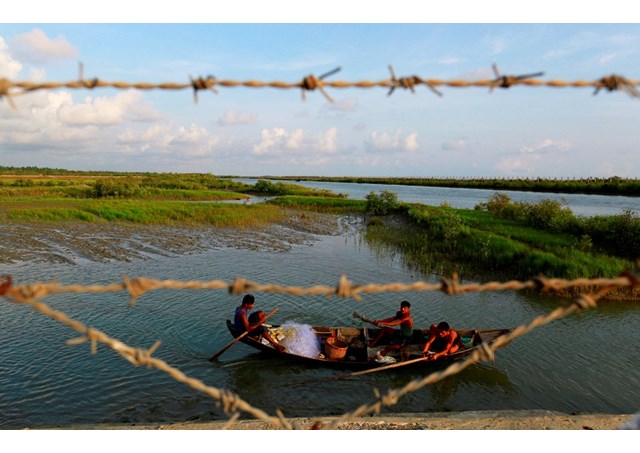
Kachin people in Burma mark third anniversary of renewed hostilities

(Vatican Radio) It has been three years to the day since the army of Myanmar – also known as Burma – broke a 17-year ceasefire with the Kachin Independence Army (KIA), resulting in a new military offensive against the Kachin people.
Listen to Ann Schneible’s interview with Burma Campaign UK director, Mark Farmaner:
Since 9 June 2011, more than 120,000 people Kachin people have been displaced by the conflict between the Burmese army and the KIA, and at least 200 villages have been destroyed.
55 organizations worldwide are marking the anniversary by appealing for peace. To achieve this, these organizations have released a list of recommendations, including a call the international community to provide humanitarian aid to those affected by the violence; an appeal to the international community to investigate and act to end the use of rape and sexual violence in the conflict; and a call for the Burmese government to provide full compensation for those displaced by the violence.
“There’s increasing concern that there’s a backsliding now on the reforms that were taking place,” said Burma Campaign UK director Mark Farmaner in an interview with Vatican Radio. “It was always a mixed picture where we were seeing a release of political prisoners and increase in civil liberties in the city, but at the same time in Kachin State the Burmese army broke the ceasefire and were committing human rights abuses.”
The people of Kachin, he said, “want to see is a political solution to the root causes of the conflict, addressed by the reform process that has taken place in Burma, and so far there is no sign of that.”
Farmaner added that the international community need to take “concrete steps” in ensuring peace in Burma.
“We’re seeing violations of international law by the Burmese army,” he said, citing in particular the use of sexual violence against Kachin women, aging in range from children to elderly women. “If the international community took a stronger stance on this and threatened international investigations… the Burmese army, the government of Burma would, for the first time, be afraid that they would be held accountable for the crimes that they are committing. And that could have an immediate, positive impact in terms of reducing the human rights abuses that are taking place.”
| All the contents on this site are copyrighted ©. |


